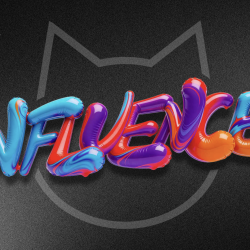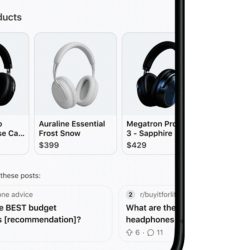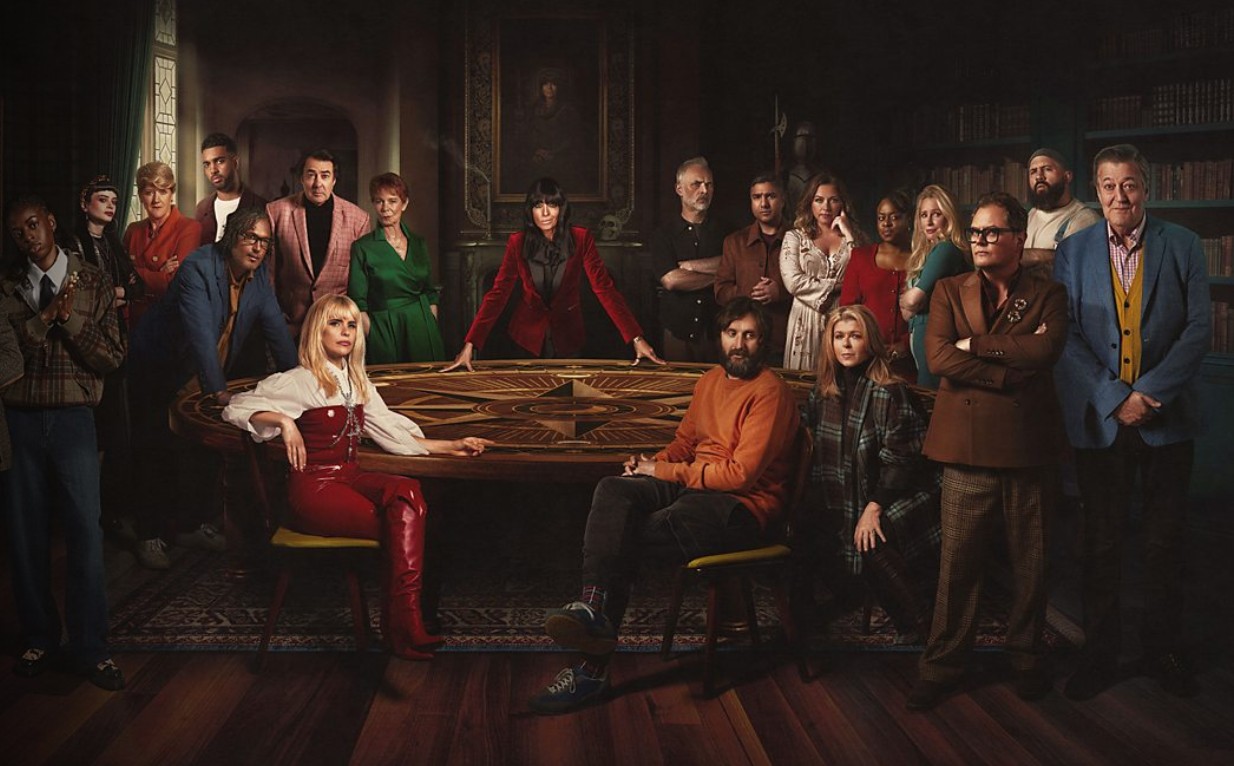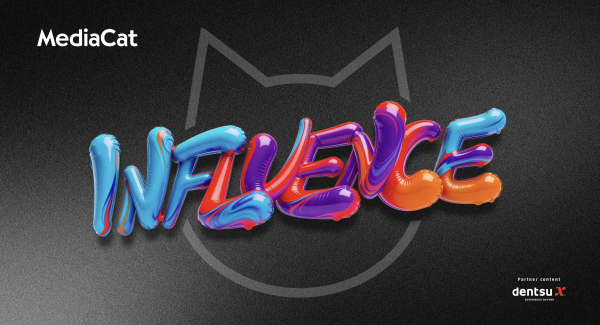Multiples are down. Margins are tighter. AI is reshaping how value gets created. But for experienced founders, that’s not a problem — it’s an opening.
Returning founders know how to build leaner. They know how to spot gaps in distribution, capability, or monetisation. And they’re far less interested in vanity metrics — more focused on control, flexibility, and optionality.
From Cash Out to Comeback
We’ve seen it firsthand:
- One founder who sold his digital studio in 2021 is now quietly assembling a collective of creative technologists — offering AI-enhanced production as a service.
- Another, post earn out, is investing in early-stage content tools and advising founders on go-to-market.
- Several are joining the buy side — not as private equity partners, but as operator-investors who know how the sausage gets made.
Some of the most promising agency and mar-tech plays we’re seeing in 2025? Built by people who once swore they’d never do it again.
The Upside of Ex-Founders
These aren’t naive visionaries. They’ve been through a sale. They’ve survived due diligence. They’ve felt the drag of bloated teams and badly structured deals. They’ve learned.
And when they come back — they build better.
They also attract capital. Investors love a redemption arc, especially when it’s wrapped in founder scar tissue and a sharper, more realistic business model.
Case in Point
This is happening globally:
- Jon Gosier, who sold Audigent to Experian for a reported $200–250M in 2024, didn’t step away — he pivoted. He’s now leading FilmHedge and co-running Southbox Entertainment, applying his dealmaking DNA to media, finance, and culture.
- Kevin Rose and Alexis Ohanian reacquired Digg in early 2025 — not out of nostalgia but to rebuild it as an AI-powered platform that solves modern problems in news and trust. It’s part comeback, part reinvention.
These aren’t soft landings — they’re sharp re-entries with a purpose.
What This Means for Buyers (and the Rest of Us)
If you’re on the acquirer side: stop just tracking companies. Track people.
Second-time founders are often more disciplined, capital-efficient, and open to creative, win-win structures. They’ve got nothing to prove and plenty they still want to do.
And if you’re reading this from a sun lounger, wondering if you’ve got another chapter in you — the market may be more ready for you than you think.
Final Thought
Not every founder wants a second act. But those who do?
They’re moving fast, staying lean, and coming back with sharper tools.
And this time, they’re building on their terms.
Main image created using Google Gemini






























